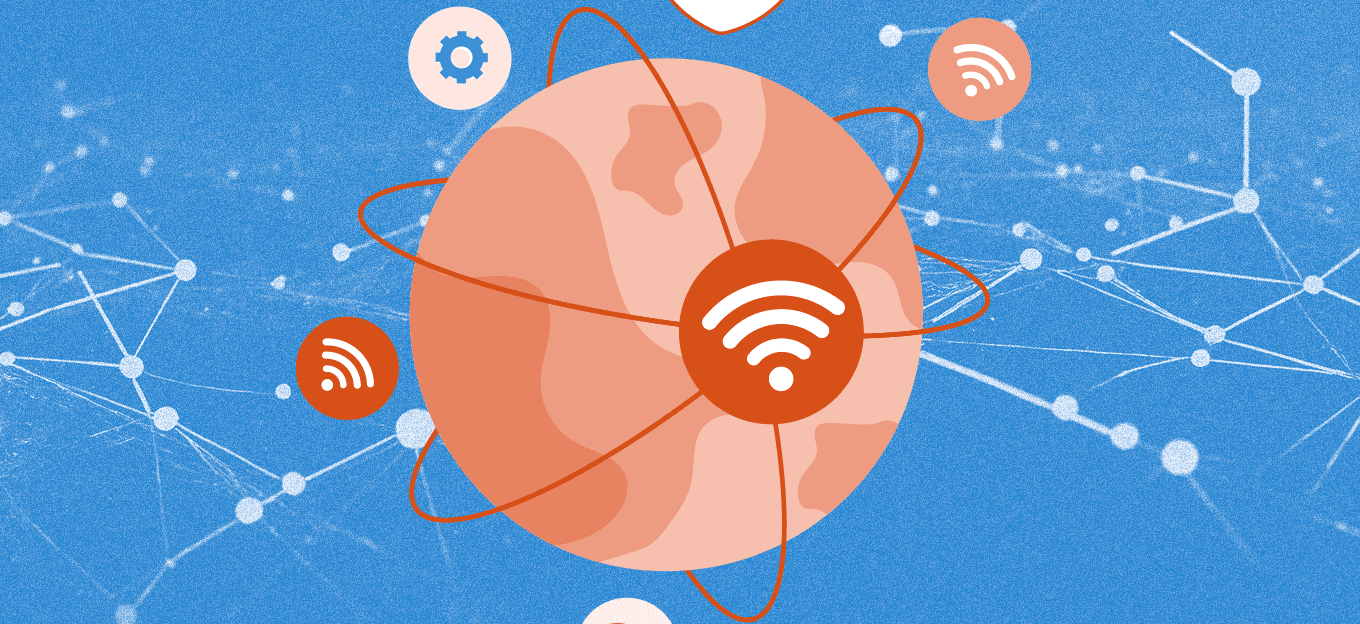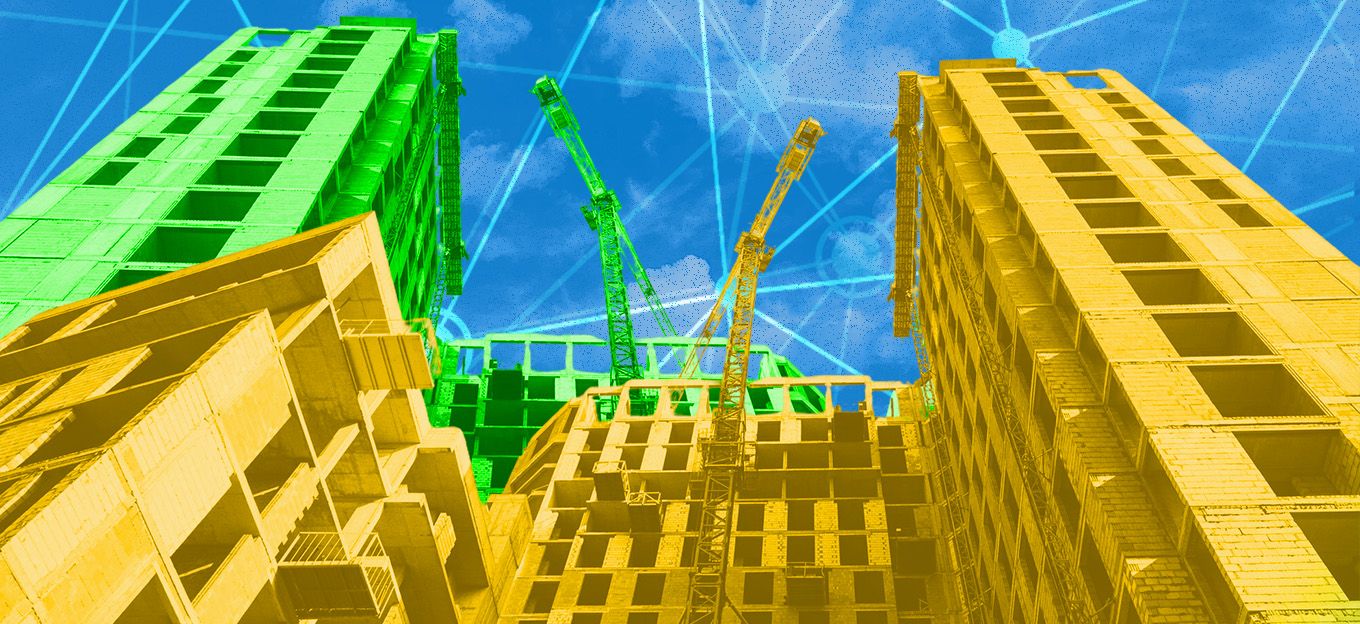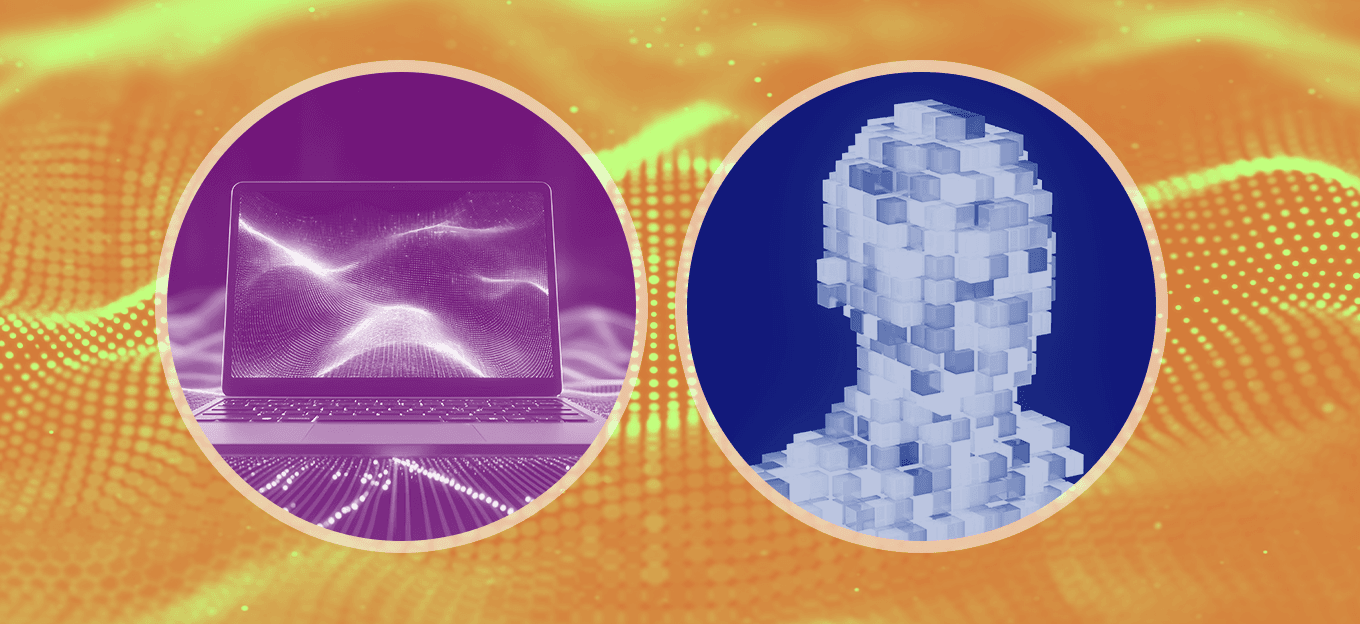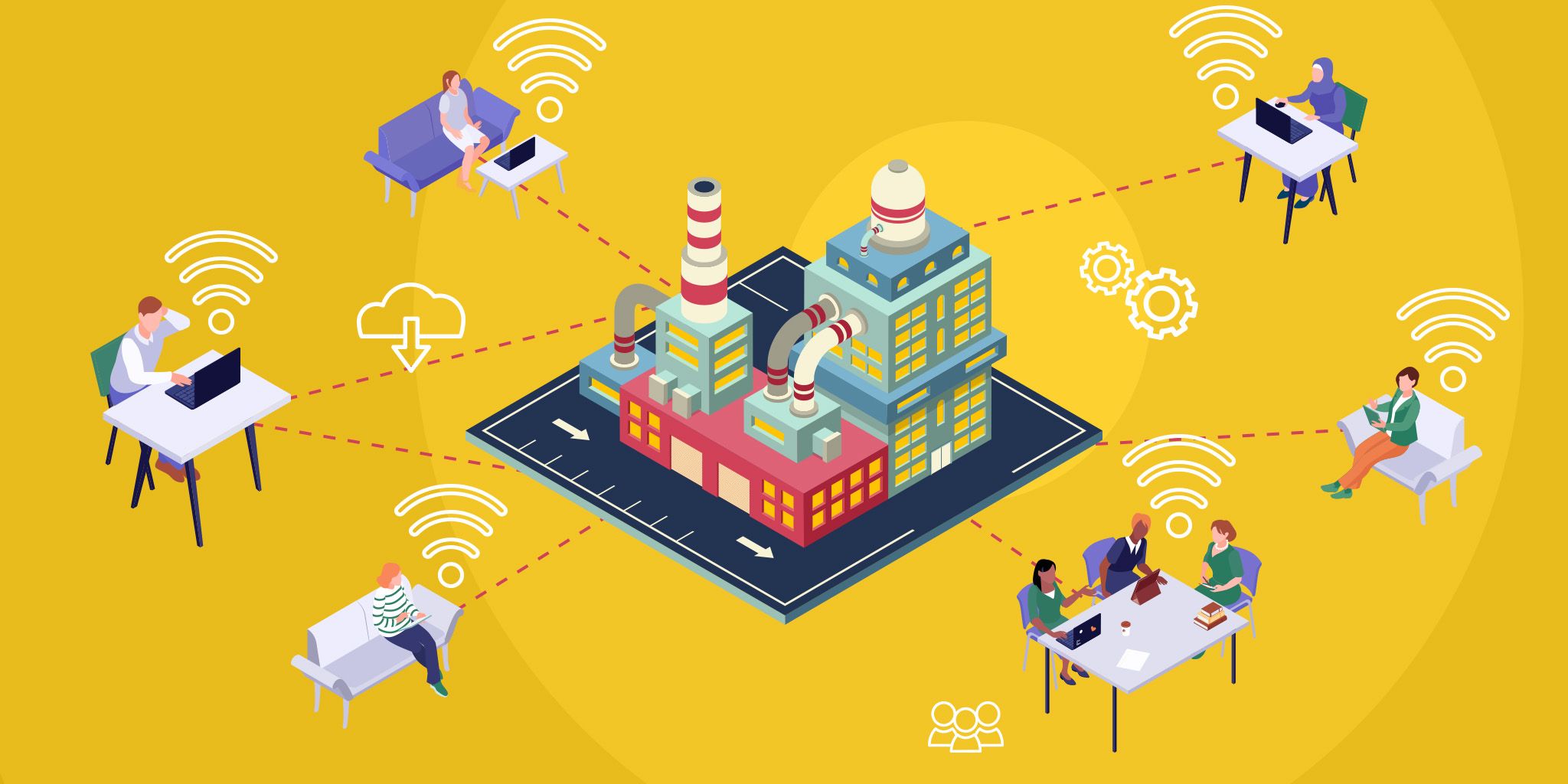The Impact of IoT and Digital Transformation on India
The Impact of IoT and Digital Transformation on India
- Last Updated: December 2, 2024
Guest Writer
- Last Updated: December 2, 2024



The Internet of Things has impacted India's industry in a much more dramatic way than expected, the realization of which has come to us only with the evolution of enterprises during the 2020 pandemic. While the IoT-based management systems have been in the market for a lot longer, their real potential was felt during the dire need for a limited workforce, more automation, and quick production and delivery of essentials.
This opportunity for efficiency in comparison to competitors regarding increased and optimized productivity, along with better precautions for safety in the pandemic and an overall safer environment for enterprise operations, has enabled enterprises to take on IoT-enabled management systems in 2021. While only the bigger organizations had previously realized the weight video management systems carry, this last year has brought the same realization to small entrepreneurs and led to nationwide expansion of smart surveillance and management systems.
With the help of IoT, India has been converting the nation into a digitized state-of-the-art nation, assisting it in improving efficiencies and economies of scale.
According to a Covid-19 impact in Indian IoT research by Goldstein Market Intelligence, the Indian IoT market is expected to reach USD 1 Trillion in the next 5-7 years, growing at the Compound Annual Growth Rate (CARG) of 17.1%.
With the help of IoT, India has been converting the nation into a digitized state-of-the-art nation, assisting it in improving efficiencies and economies of scale.
The pandemic has shifted concerns of enterprises from improved utility to improved and safer utility. The strict adherence to hygiene standards like maintaining a safe distance, wearing the required protective gear, and following through with all the assigned instructions has made a concurrent monitoring system necessary.
Organizations are taking on this investment of smart video surveillance systems to keep a constant check on their enterprise, even if it involves a high price.
Why Indian Industries Are Employing IoT Trends
Indian industries like warehousing and logistics, retail, quick-service restaurants (QSR), banking, financial services, and insurance (BFSI); health-care and education have been growing as artificial intelligence(AI) based industries in the past decade, growing especially expeditiously in the last year, accelerating the growth for 2021.
Operational Automation
With the workforce reduction over the past year, a greater need for automation has been felt across all industries globally. Employers, having recognized that routine operations that require no actual skill or mental capacity can be automated via smart management systems, have been able to bring their enterprises closer to larger and modernized organizations in terms of optimized and efficient operations. The Indian industries seem to be moving towards the same trends for an error-free, efficient working environment.
Smart Analytics
While previous industries had to work around with all their data collected manually, IoT has greatly altered how big data is dealt with today. Organizations, rather than employing their staff to make sense of the unstructured data, allow IoT based management systems to not only give the data an understandable structure but also apply analytics on the same to derive different consumption patterns, customer demand patterns, finding pain points; providing industries with operational insights to bring improvement into the enterprise.
Absolute Control
Transformation in IoT has enabled industries to monitor their enterprises in real-time and command absolute control over the operations, even from a distance. The IoT-based surveillance system enables employers to review real-time and historical data collected from cameras and sensors, receive alerts and notifications through email and SMS, and keep a check on all the operations inside the premises.
Safety and security
The need for a secure premise has always been a priority of entrepreneurs; however, their ways to attain the same have been conventional for a long time. The technological growth of today’s Indian industries, or their movement towards it, has greatly been affected by the technological advancement at the hands of intruders and, at the same time, the pandemic-induced need for automation.
The cameras and sensors installed inside and around premises, attached to a unified platform, allow authorized users to maintain a certain safety and security level in the enterprise. These smart devices are equipped to notify authorities in case of diverse assortments of hazards, ranging from internal and external threats to the threat of fire or the storage unit's inefficient temperatures.
Utilizing Smart Management Systems
Warehousing and Logistics
The warehousing industry has been a major employer of smart management systems, owing to its grand and immediate expansion to e-commerce over the past decade. From storage to maintenance and transportation of assets, warehouses require IP based video surveillance for the optimized management of inventory, tracking of assets at every step of the supply chain, maintenance of the right temperature and humidity conditions while also creating a smooth working environment for the timely and efficient performance of operations.
Warehousing IoT benefits:
- Inventory management
- Tracking
- Internal and external security
- Efficient environment
BFSI
When it comes to financial institutions, there has always been a risk to the confidential transactions taking place at the branches and the overall capital and assets stored here at the hands of intruders and dishonest employees. The need for automated operations, simultaneous visibility of all the sites, management of assets and data entrusted to the banks by clients; requires the structured support of a real-time IoT-based bank security system.
Banking IoT benefits
- Monitor multiple branches and ATM units
- Crime deterrence
- Asset management
- Data analytic
- Remote Access Control
Retail
Big and small retail stores have been transforming their brick-and-mortar stores with their in-store digitization. Using IoT-based management systems has been a trend for global industries, but many retailers in India only realize their AI and ML-enabled system requirements. From keeping a check on the inventory and restocking requirements by employing smart sensors and cameras across the store, studying consumer’s demands by analyzing the most commonly bought products, providing customers with personalized benefits while at the same time securing the premises from a possible threat.
Retail IoT benefits:
- Stock cycle
- Employee monitoring
- Supply chain logistics
- Control internal theft and pilferage
QSR
Employers of quick-service restaurants find it extremely important to keep a check on their employees' performance, especially to monitor their hygiene and SOP protocols. A restaurant’s need for security isn’t as high as that of most other industries mentioned here. However, there are several other benefits they can get out of these surveillance systems. The AI-based solution reads the room to collect data about the environment while analyzing the data and taking measures to improve the performance of the premises.
Restaurant IoT benefits:
- Ambiance and temperature control
- Energy Efficiency
- Fire alarms
- SOP adherence
Conclusion
While the year 2020 initiated the use of IoT across multiple enterprises, it brought along a time of unprecedented changes and unknown circumstances. The year’s trial and error system has led major enterprises to realize the importance of a smart management system that can take them farther than anticipated in the past. The Indian industries, though slow, are consistently transforming themselves, turning from manual operations to automation. The year 2021 can be expected to be amicable to enterprises adopting an IoT-based enterprise security system while at the same time not being so well received by enterprises that have still chosen to take on a traditional way of managing their operations.
The Most Comprehensive IoT Newsletter for Enterprises
Showcasing the highest-quality content, resources, news, and insights from the world of the Internet of Things. Subscribe to remain informed and up-to-date.
New Podcast Episode

How Smart Labels Transform the Supply Chain
Related Articles





